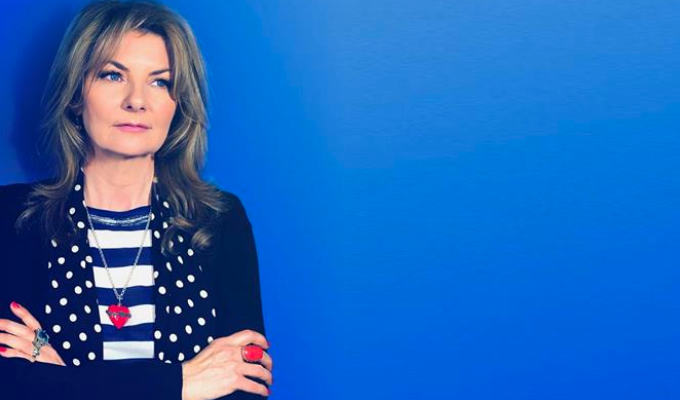'Midget' is a dirty word
Gareth Berliner wants comics to mind their language
In my stand-up set, I used to use the word ‘midget’ without a second thought. It was in one of my jokes based on a little person I know, and she told me that she didn’t have a problem with the word.
In 2012 I married a woman with dwarfism, the actress, comedian and dancer Kiruna Stamell. This naturally bought about some change in my life not least of which was my use of the word and my understanding of its ability to dehumanise, objectify and belittle (Now, there’s a gag).
The term ‘midget’ comes from ‘midge’, meaning a sand fly, and the suffix ‘-et’, meaning little or small. The common popular usage comes from PT Barnum, who used the term ‘midget’ as a classification for the little people in his circus freak shows.
Since being married to Kiruna I’ve seen her objectified and shouted at on the street. I’ve seen people touch her for luck (yes, actually), I’ve seen people stare at her, I’ve seen people laugh at her (she wasn’t doing a set, she was simply existing in the real world), I’ve seen people film her both openly and surreptitiously and now, when I go to work at gigs around the country, I like to think that the material I do about her as my wife - as well as making people laugh - humanises and demystifies people’s ideas of a person with dwarfism.
What I’ve found interesting is that since I‘ve known Kiruna, I’ve seen the word ‘midget’ change for me. I previously used it causally to describe a person with dwarfism or any other medical condition, that results in the person being smaller than 4ft 10in (Did you know that if you’re under that, you’re considered to have dwarfism and that there are over 200 restricted growth conditions?) Since learning a few things for myself, I now have an issue with the word ‘midget’ and its proliferation on the comedy circuit.
It’s a word that intentionally objectifies and dehumanises a disabled group of people. A social group that you don’t often see represented in the average audience. Most of those I’ve met don’t go to comedy nights because it’s likely that they will get picked on publicly, even if well meant.
In my opinion, if your gag hinges solely on the use of the word then you should be writing better gags. There, I said it. If that’s all you’ve got, then you need to work on your material. The many little people I’ve met all have a sense of humour. Some don’t mind a joke about someone with dwarfism, a little person, a person of restrictive growth.. but I’m respectfully asking fellow comedians to think when you use the word ‘midget’. Remember its meaning and realise that you are continuing the mis-education and misinformation of the dickheads and insecure bullies that my wife and I have to deal with when we’re out in public.
I’ve seen what happens if a comic goes on, after I’ve performed my material about my wife and then does a gag using the word ‘midget’. On the several occasions it’s happened, the act was having a good gig, but their reception dropped to a discernible degree when they used the word. They still got a laugh from some of the crowd, but I noticed a significant difference, and on nearly all the occasions it continued for the rest of their set. Part of that is because, in my opinion, it’s become harder for the audience to forget the real human existence and experience of a little person, my wife. They think of her as a person because I’ve just talked about her. It makes the audience feel self-aware and conscious of the objectification the word represents.
As a comedian it is your right to push boundaries, so I am not telling you not to keep thinking up great gags even if they are about little people. What I am saying though, is if you have to strip the subject of your gag of their humanity by calling them a ‘midget’ your gag was weak to begin with. A gag needs to be smarter than making someone non-human in order to get the laugh. In that case you’re just promoting a hate word.
Published: 19 Mar 2013






